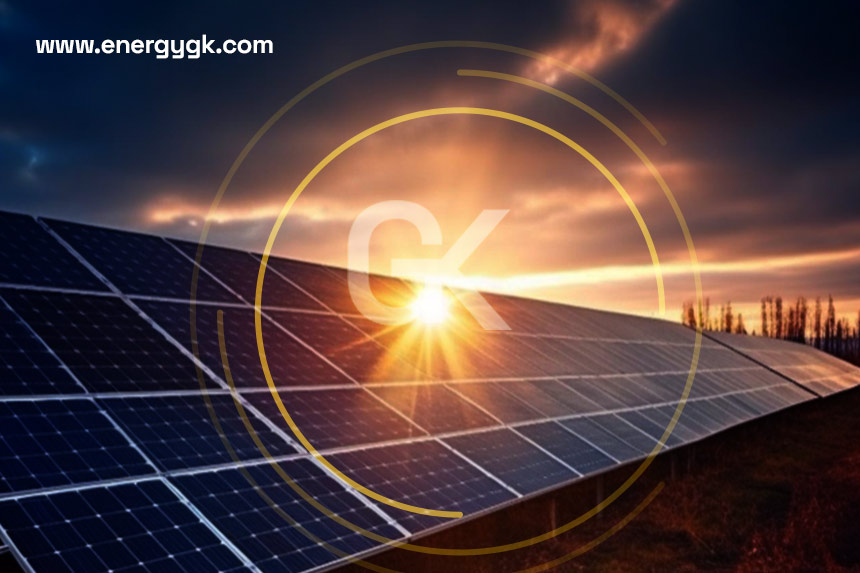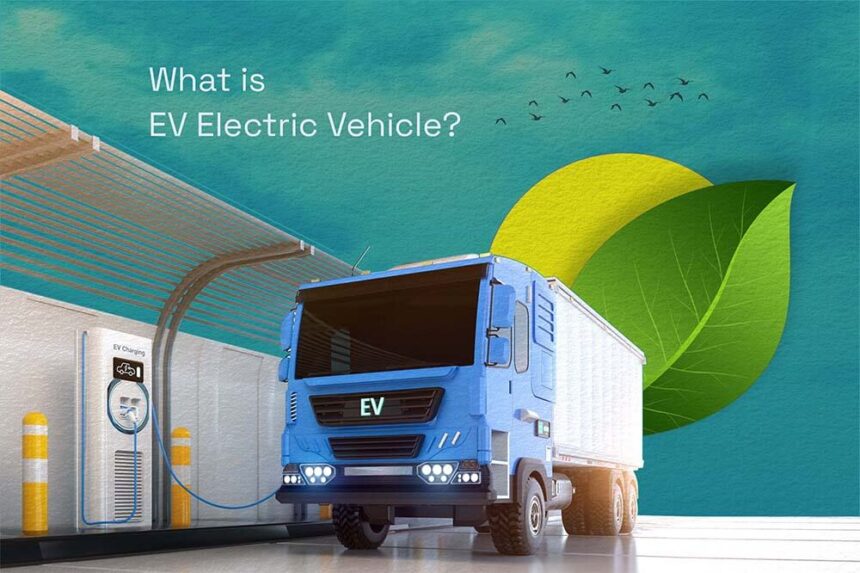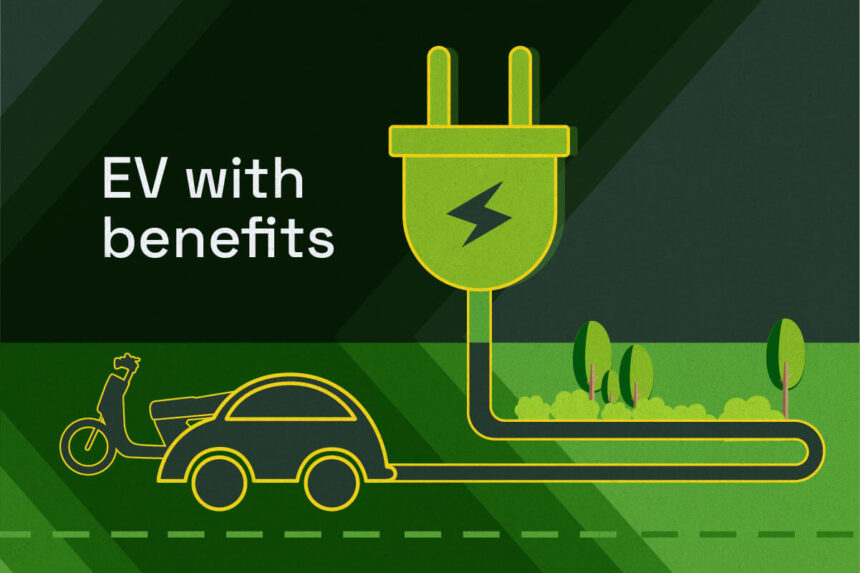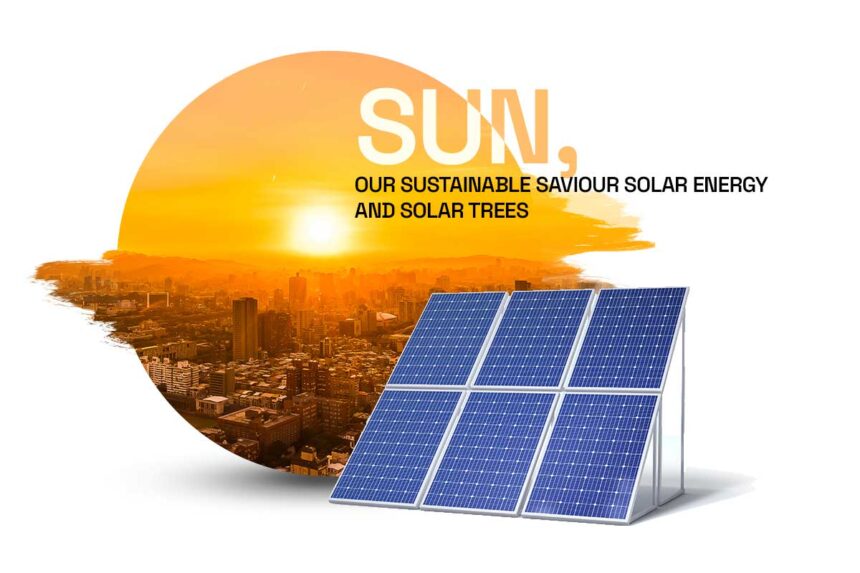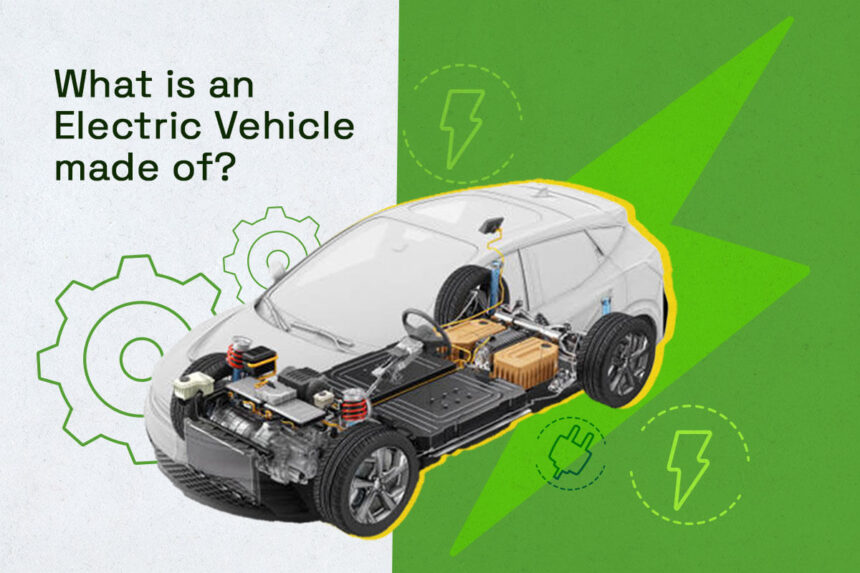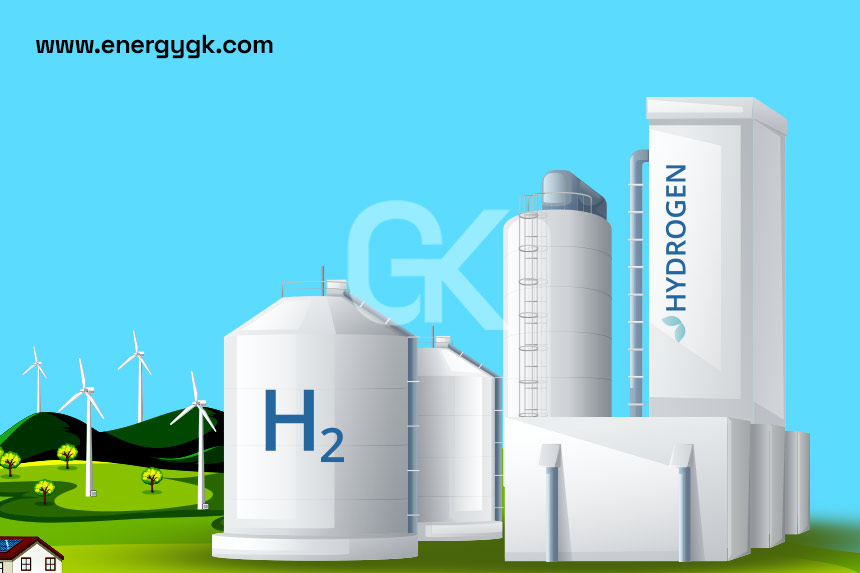Solar panels have emerged as a revolutionary technology, harnessing the power of the sun to generate clean and renewable energy. This article delves into the world of solar panels, shedding light on how they work, their numerous advantages, installation process, maintenance, energy storage options, and their promising future.
1. What are Solar Panels?
At its core, a solar panel, also known as a photovoltaic (PV) panel, is a device designed to convert sunlight into electricity. Each panel comprises multiple solar cells, usually made of silicon, which absorb photons from the sun’s rays and initiate an electron flow, generating direct current (DC) electricity.
2. How Do Solar Panels Work?
When sunlight strikes the solar panels, the photons transfer their energy to the electrons in the semiconductor material of the solar cells. This process liberates the electrons, allowing them to flow through the cell, creating an electrical current. An inverter then converts the DC electricity into alternating current (AC), making it suitable for powering household appliances and feeding back to the grid.
Advantages of Solar Panels
3. Renewable and Clean Energy Source
One of the most significant advantages of solar panels is that they harness renewable energy from the sun, which will be available for billions of years. Additionally, solar energy production does not emit harmful greenhouse gases, making it an environmentally friendly alternative to fossil fuels.
4. Reducing Electricity Bills
By installing solar panels, homeowners can significantly reduce their dependence on the grid for electricity. This, in turn, leads to substantial savings on electricity bills, especially in regions with abundant sunlight.
5. Environmentally Friendly
Solar panels play a pivotal role in reducing the carbon footprint, helping combat climate change and environmental degradation. Their installation contributes to cleaner air and a healthier planet for future generations.
Installing Solar Panels
6. Assessing Your Property’s Suitability
Before investing in solar panels, it’s crucial to assess your property’s solar potential. Factors such as roof orientation, shading, and geographical location play a vital role in determining how efficient the solar panels will be.
7. Selecting the Right Solar Panels
Choosing the right solar panels can be overwhelming with various options available in the market. It’s essential to consider factors like efficiency, warranty, and the manufacturer’s reputation to make an informed decision.
8. Finding a Reputable Solar Installer
A reputable solar installer ensures a seamless installation process and adherence to local regulations. Researching and selecting a reliable installer is critical to maximizing the benefits of solar energy.
Solar Panel Maintenance
9. Cleaning and Inspection
Regular cleaning and inspection of solar panels are essential to ensure optimal performance. Dust, debris, or bird droppings can reduce their efficiency, and timely maintenance can prevent such issues.
10. Monitoring Performance
Monitoring the performance of solar panels allows homeowners to identify any drop in efficiency and address potential problems promptly. It also helps in understanding energy consumption patterns for better optimization.
Solar Energy Storage Options
11. Battery Storage Systems
Solar battery storage systems enable homeowners to store excess solar energy during sunny days for later use during cloudy or nighttime periods, further increasing energy self-sufficiency.
12. Feeding Back to the Grid
In regions with net metering policies, excess solar energy can be fed back into the grid, earning credits or income for the homeowner. This incentivizes solar panel installation and promotes a decentralized energy system.
Future of Solar Panels
13. Technological Advancements
Advancements in solar panel technology, such as thin-film solar cells and bifacial panels, promise even higher efficiency and affordability in the future.
14. Integration into Architecture
As solar panels become more aesthetically versatile, they can be seamlessly integrated into the design of buildings and structures, enhancing both energy efficiency and architectural appeal.
Conclusion
Solar panels represent a promising pathway to a sustainable future, offering clean, renewable, and cost-effective energy solutions. Embracing solar technology not only benefits individual homeowners but also contributes to global efforts in mitigating climate change and securing a greener tomorrow.
FAQs
- Are solar panels suitable for all types of roofs?Solar panels can be installed on various types of roofs, including asphalt shingle, metal, tile, and flat roofs. However, the suitability of solar panels depends on factors like roof orientation, shading, and structural integrity. Before installation, it’s essential to have a professional assessment to ensure your roof can support solar panels efficiently.
- Can I install solar panels without connecting to the grid?Yes, it is possible to install solar panels without connecting to the grid. This setup is known as an off-grid solar system. Off-grid systems require battery storage to store excess energy generated during sunny periods, which can then be used during times when the solar panels are not producing enough electricity, such as at night or on cloudy days.
- What is the average lifespan of solar panels?The average lifespan of solar panels is typically around 25 to 30 years. High-quality panels can even last longer with proper maintenance. It’s essential to choose reputable manufacturers and follow maintenance guidelines to maximize the longevity and efficiency of your solar panels.
- Do solar panels require a lot of maintenance?Solar panels are generally low-maintenance, but regular upkeep is essential to ensure optimal performance. Routine tasks include cleaning the panels to remove dirt and debris, inspecting for any damage or shading, and checking the inverter and electrical connections. Most solar panels come with long-term warranties, providing peace of mind for homeowners.
- Can I take my solar panels with me if I move to a new house?Yes, it is possible to move solar panels to a new house, but the process requires careful planning and professional assistance. If you plan to move, you can either negotiate with the new homeowners to include the solar panels in the house sale or have a solar contractor remove and reinstall the panels at your new location.
Remember, before making any decisions regarding solar panel installation or relocation, it’s crucial to consult with experienced solar professionals to determine the best course of action for your specific situation.


